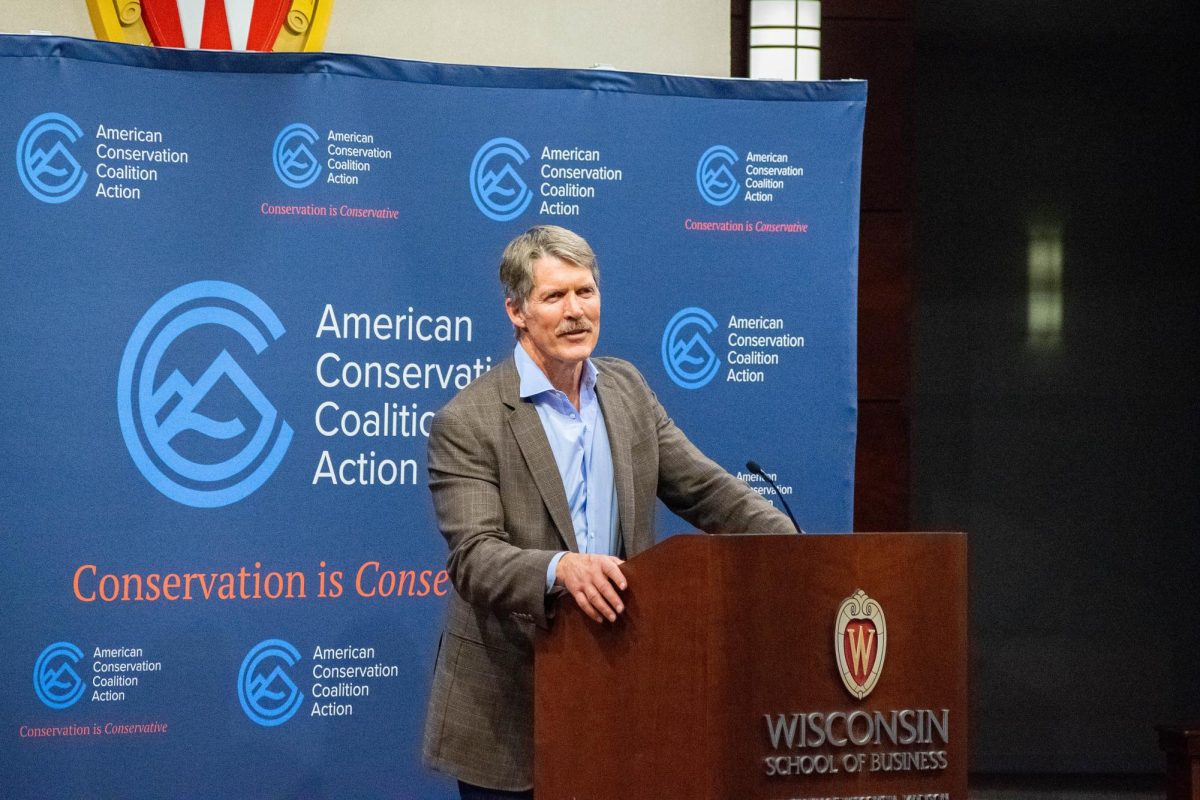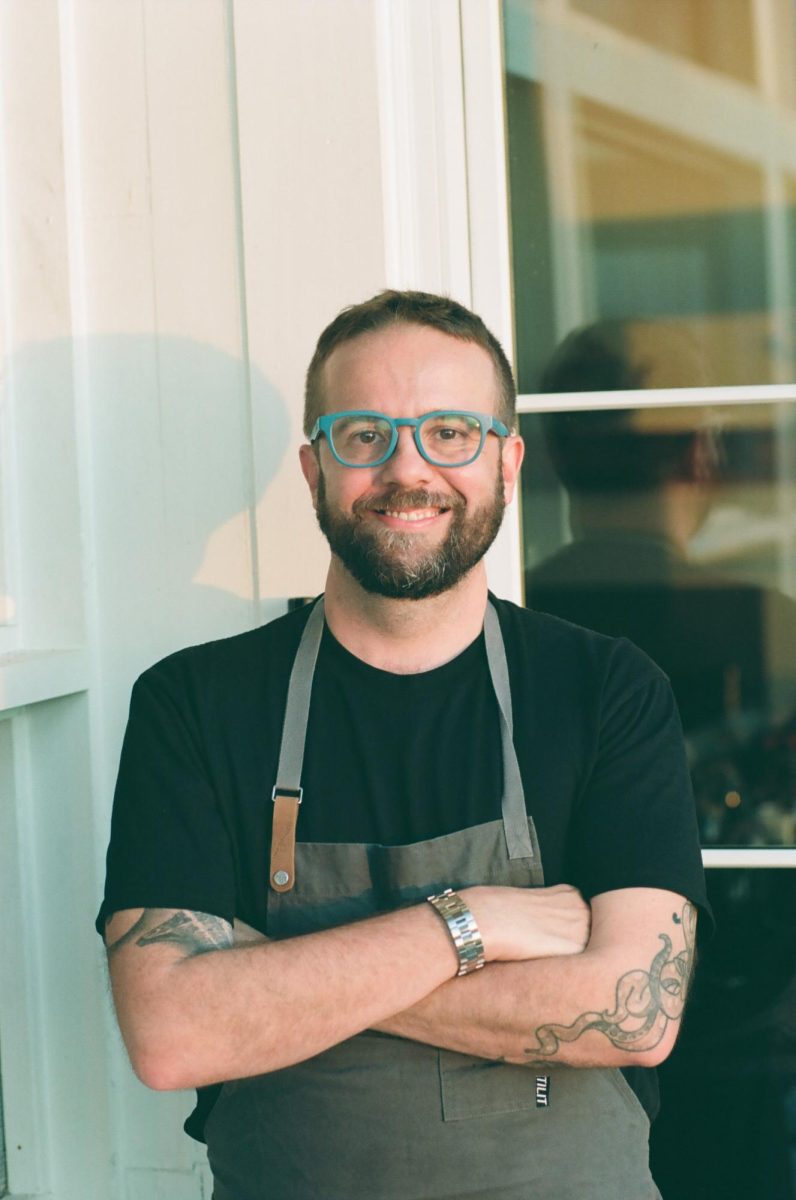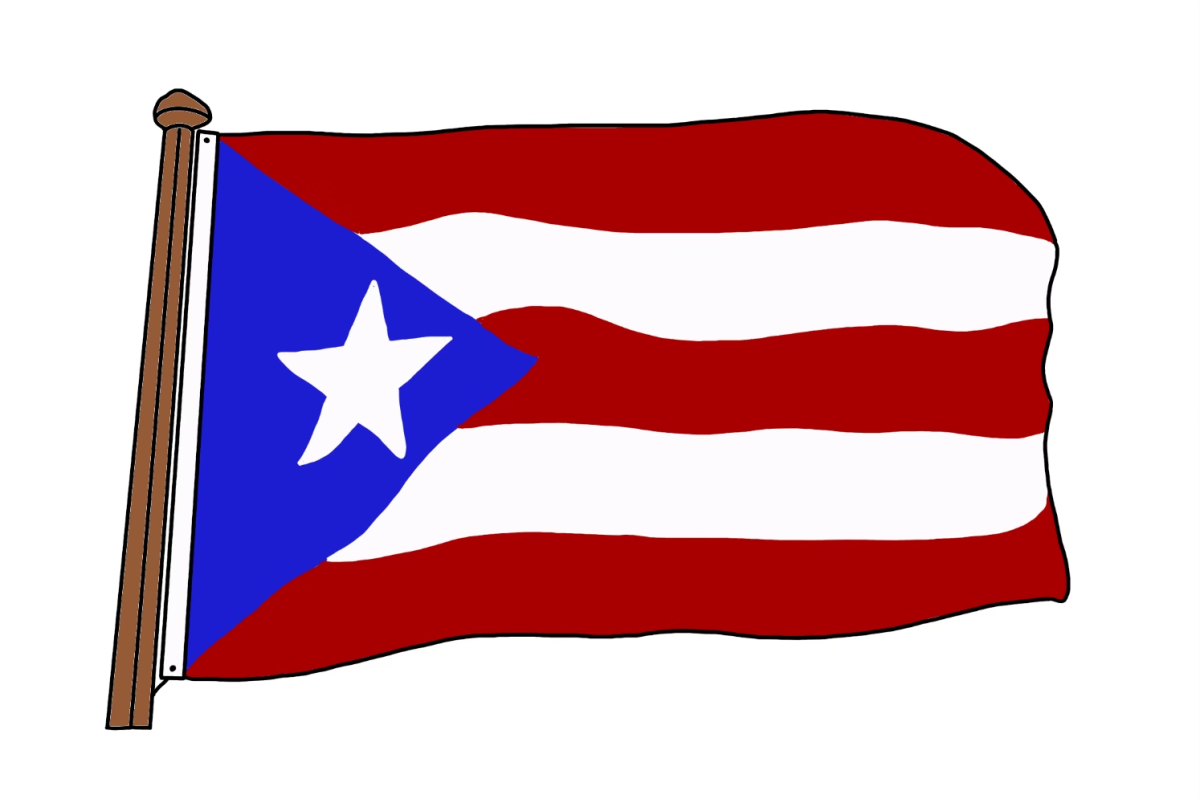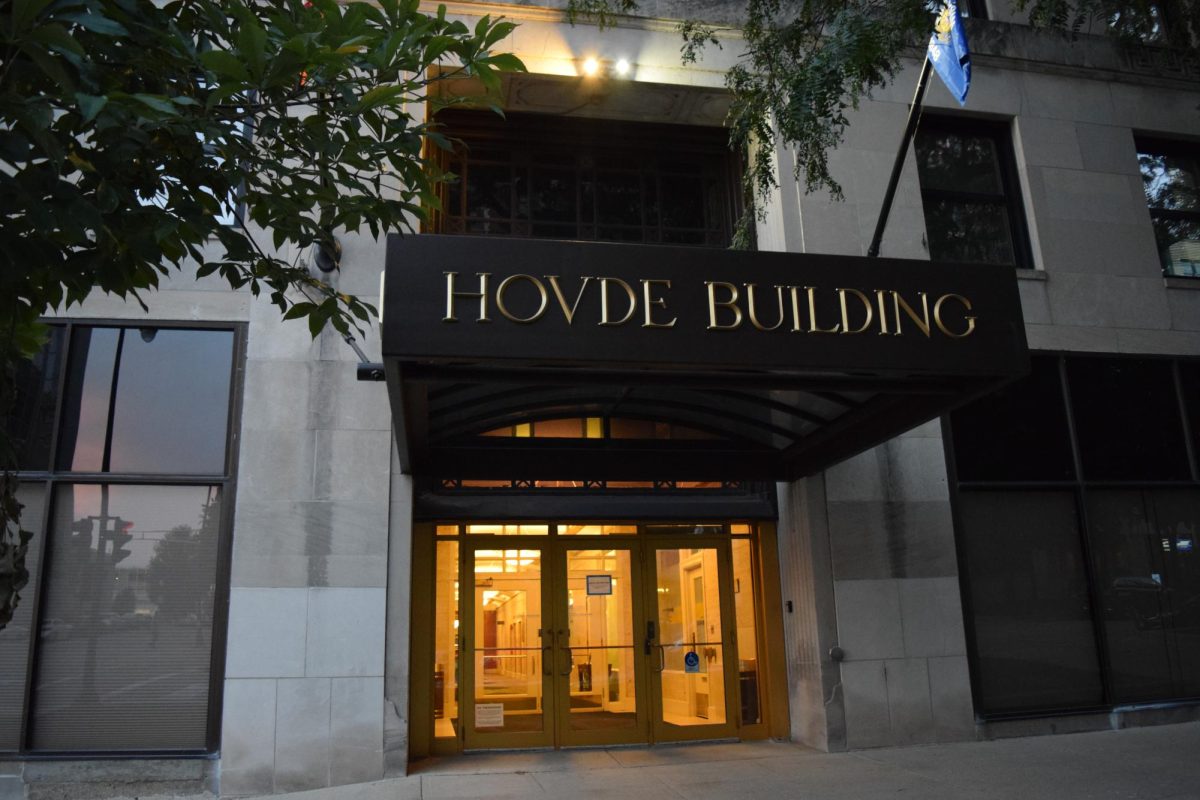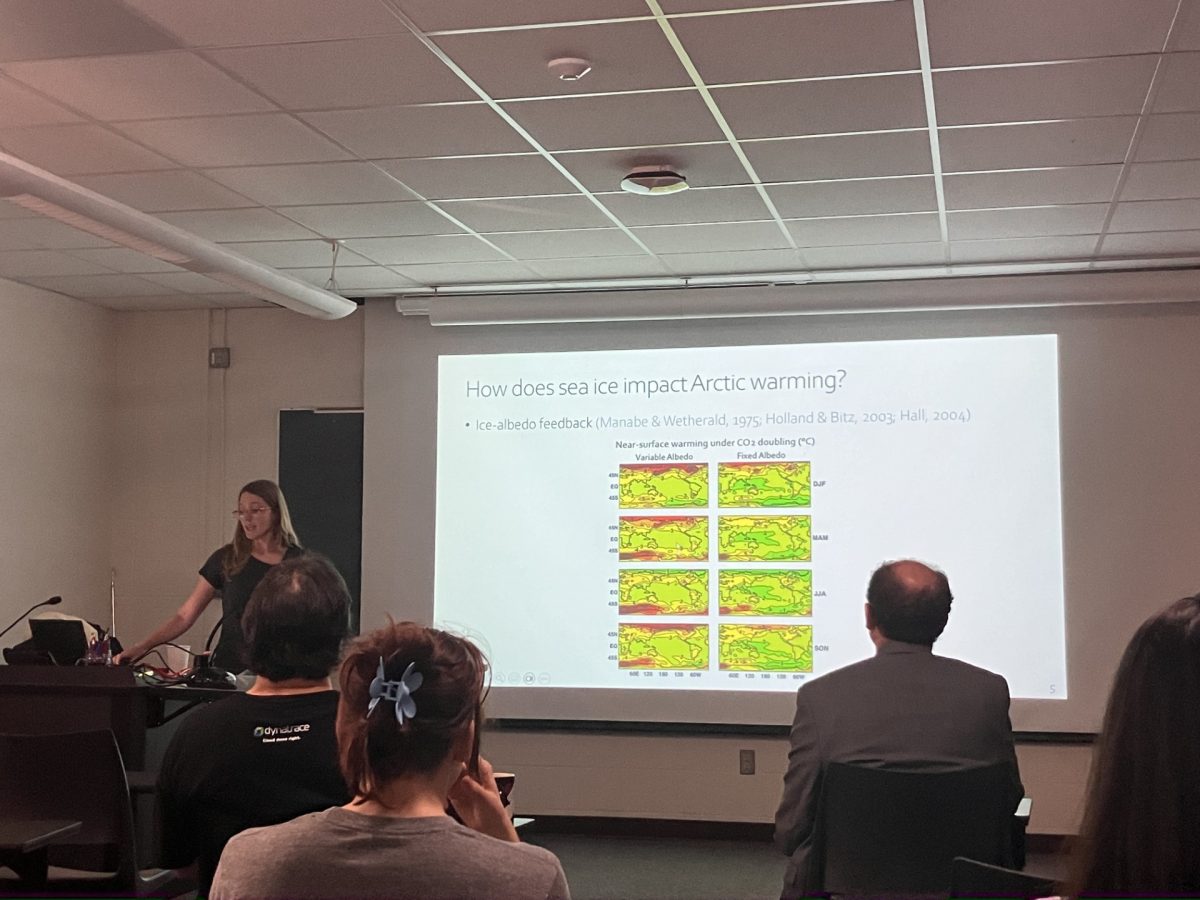Jackie Noyes, a formerly incarcerated woman at Taycheedah Correctional Institute in Fond du Lac, was assaulted and impregnated by former prison guard, Matthew Emery during her stay in the facility.
Noyes spoke out about her situation for the first time Sunday at Edgewood College in Madison. She left the Wisconsin Prison System with no GED, no work experience and a child.
?I am speaking for every inmate at Taycheedah,? Noyes said.
Noyes described herself as an average inmate and someone who never caused trouble. In July of 2002, she tried to kill herself and was placed in the mental health unit of the correctional facility.
This is where she met former officer Emery. He began talking to her and showing her affection, which she received willingly at a time she now describes as the lowest in her life.
Until 2003, guard-inmate relationships were not illegal in Wisconsin. Bills were proposed in 1999 and 2001 but failed to pass.
After Wisconsin residents and statewide Amnesty International chapters wrote to legislators, AB51 passed in 2003 to outlaw these relationships.
?I had to build a coalition of people all around the state,? Hougas said.
Emery took Noyes into the janitors? closet Sept. 12, 2002, and began to kiss her before the two had sex.
The first two times she had sexual relations with Emery it was consensual, but it quickly became rape.
She knew if she spoke out, she would be the one to take the blame, leading to further punishment.
?What could I say? He wouldn?t get in trouble, I would,? Noyes said.
She tried to move units but prison officials would not allow her to because she could not explain her reason for wanting to leave the unit.
After the rape, Noyes missed her menstrual cycle and was given the morning-after pill. She took a pregnancy test Dec. 3 that came back positive. Taycheedah Correctional guards put the blame on Noyes and wrote her a ticket for soliciting staff and sexual conduct with staff. She was eventually sentenced to 365 day in solitary confinement.
?They wanted me to get an abortion, they said they would pay,? explained Noyes. ?They tried to take a child out of this world to cover-up what?s going on in the facility.?
When Noyes refused to abort the baby, the prison staff would not allow her to talk to her family. After five months of pregnancy, Noyes was finally allowed to explain the situation to her mother.
While in solitary confinement Noyles was sick and often laying in her own vomit. Prison guards told her she deserved her poor treatment for what she had done. They also told her that if she were to miscarriage, they wouldn?t take her to a doctor or hospital.
One day, Noyes was so ill the nurse requested medical attention but the doctor refused because he was going home for the day. That evening her blood pressure was so low Noyes was taken to the emergency room.
After media coverage of Noyes? story, public outrage led the prison to reduce her time in solitary confinement to 120 days.
?There?s no justice in the justice system,? Noyes said.
Despite these medical difficulties, Noyes gave birth to a baby girl in August of 2003.
Alice Pauser, co-founder of the Demeter Foundation, which helps formerly incarcerated women integrate back into the community, met Noyes and her baby in April 2003.
?Jackie and the baby lived with us until she could get her own apartment,? Pauser said, adding the foundation will go to great measures to help the women.
Noyes hopes that speaking out about her situation will help to get the word out about poor inmate treatment and women in the future.


